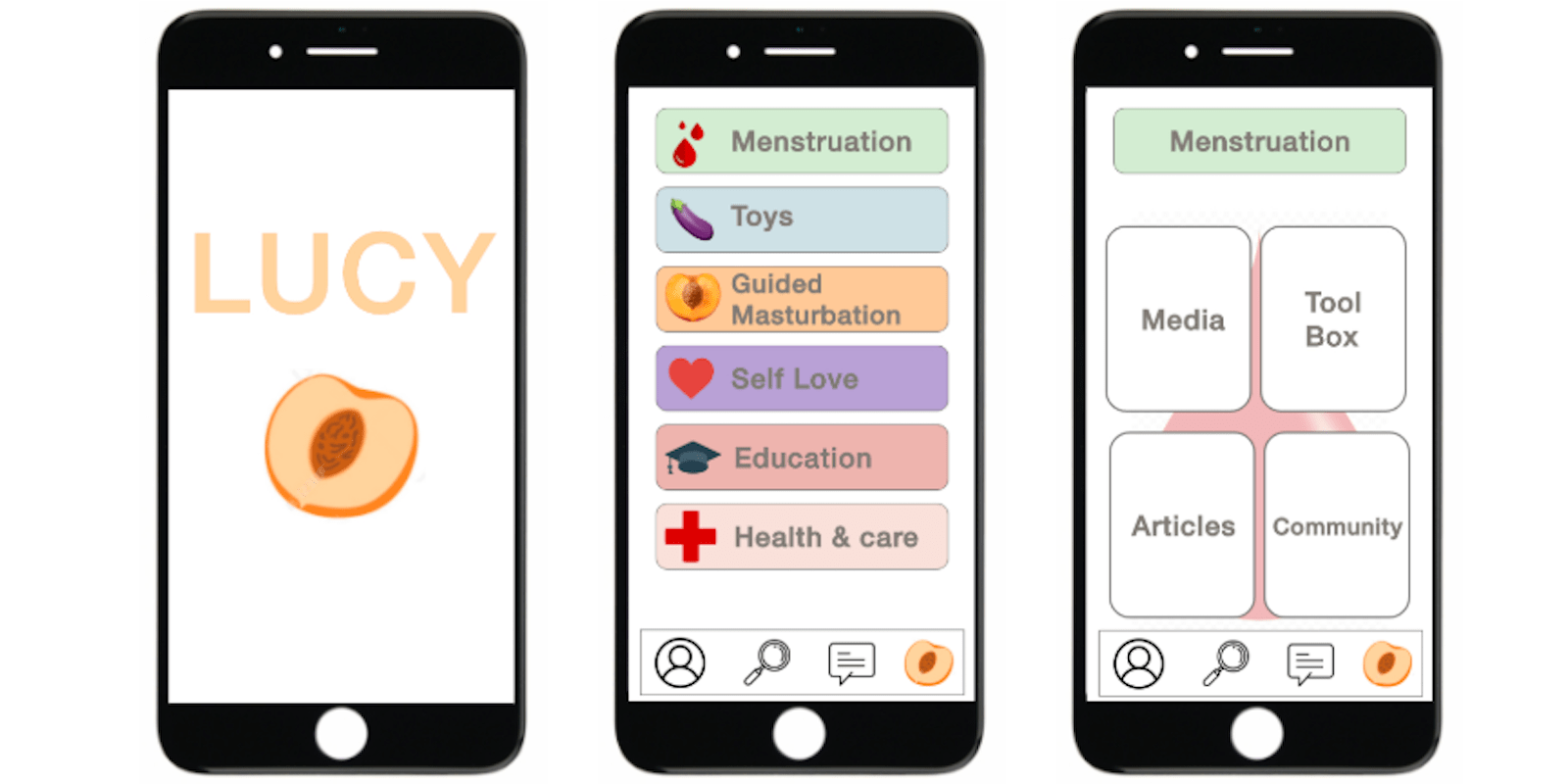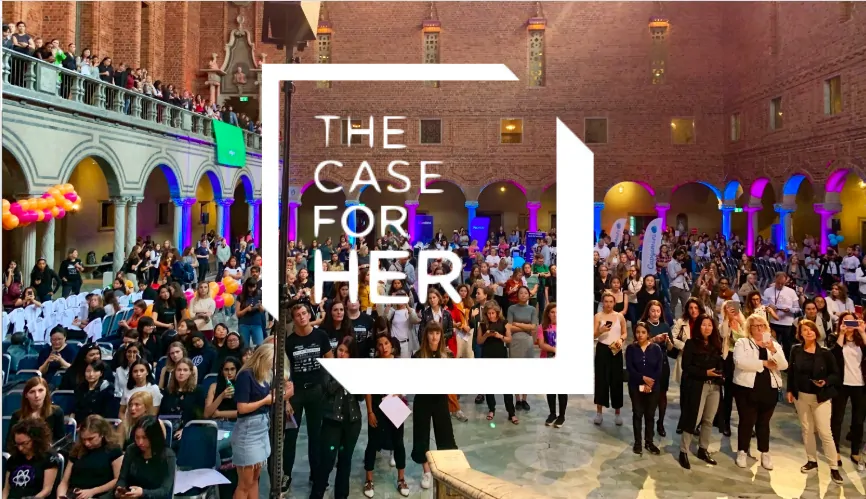Sexual wellness takes top spot at Europe’s biggest hackathon for women

At Europe’s largest hackathon for women last weekend, sexual wellness tech triumphed to take the overall top prize. The winning app called Lucy was showcased yesterday on the main stage of the STHLM Tech Fest in Sweden.
Over the course of the weekend in Stockholm’s City Hall, 11 partnering companies hosted a total of 816 women from around the world, to create technologies that responded to a proposed challenge. Categories covered everything from health, the environment, sustainability, and finance.
Lucy, a sexual wellness app, was the winner of The Case For Her‘s sexual health category. Designed to spread knowledge to more women about their bodies, it would have a discreet design and user friendly interface, intuitive animations and self-help tools. These would guide users through life’s various stages, such as menstruation, your first sexual experiences, after childbirth, low libido, menopause, exploring your body, and even recovering from sexual assault.
Founded by Gerda Larsson, The Case For Her is a philanthropic collaborative that invests in key health issues faced by women.

Lucy was pitched to close “the male-female pleasure priority gap”, whereby women’s sexual wellbeing suffers under gender-biased policies. One of the creators on the winning team, Soraya Conteras, explains this would help “break down shame and stigma around pleasure”.
Lucy beat two other sextech products within the Sexual Health category:
Circumvent Big Tech's Censorship! Never miss another post!
Subscribe to our notifications!
Article continues below
- This Is Real Sex: A sharing and learning audio app where people could upload genuine and real experiences related to their sex lives. These would go through an editorial board to curate sex positive content making it easy for others to find relevant information. For example, if someone was experiencing vaginal dryness, they could find other stories of women going through the same thing, and provide advice where needed.
- Better Hookups: An add-on for existing dating apps to enable people to have better casual sex. Answering questions about desires and sexual preferences, such as what you’re curious about and what your boundaries are. This would help navigate conversations around sex even if they only have one hookup, ensuring it be as enjoyable as possible for all involved.
Teams had 1-on-1 mentoring from experts across the tech industry, including the co-founder of MysteryVibe, Stephanie Alys, who told SEXTECHGUIDE that “there was a lot of cohesion around what pleasure means, the problems we face and the tech that can be created to resolve them.”
Alys said it was “amazing seeing so many women coming together in real sisterhood, there was a real feeling of collaboration,” and even though the runners up did not win, the teams are continuing to meet and develop the ideas, she said.
In the final round, Lucy was up against the winners of the other categories, but took the overall top spot ultimately.
Winners within each category received prizes that included a fast track to an accelerator programme called Antler, plus $5,000 to develop their ideas at Stockholm School of Entrepreneurship, along with a host of other benefits.
Larsson told SEXTECHGUIDE this win hasn’t been without push-back, so “not only has this been an amazing win for the team, but a big win for sex tech in general.”
Read Next: ‘What would happen if I shoved a sensor in here?’: The hackers trying to make sex toys better






